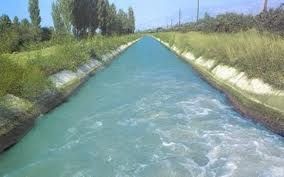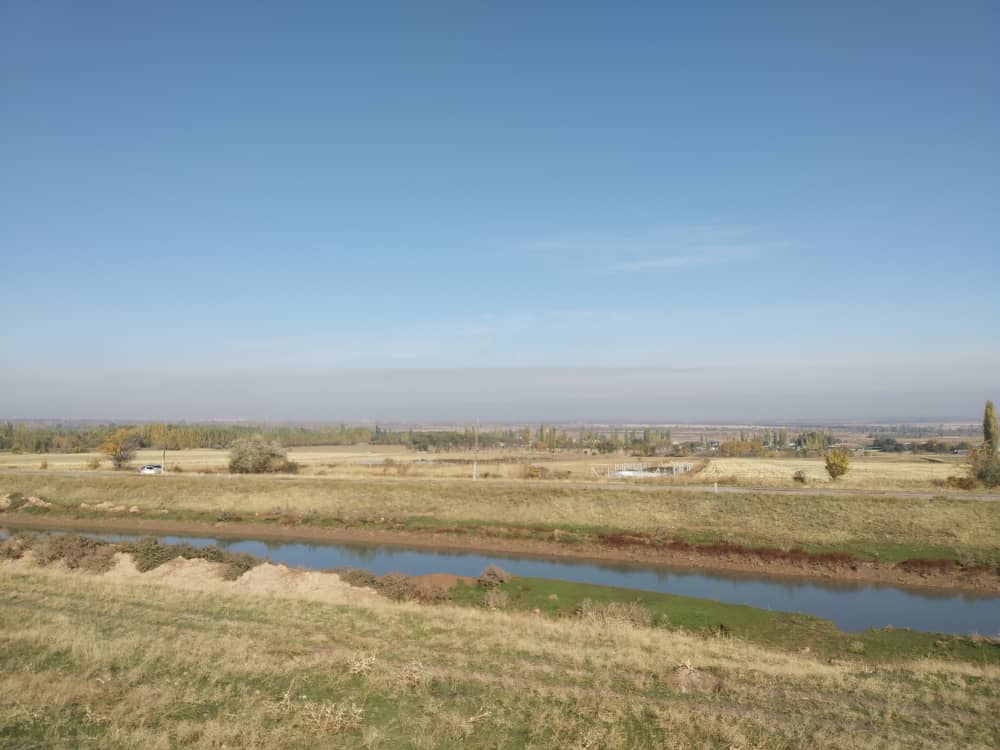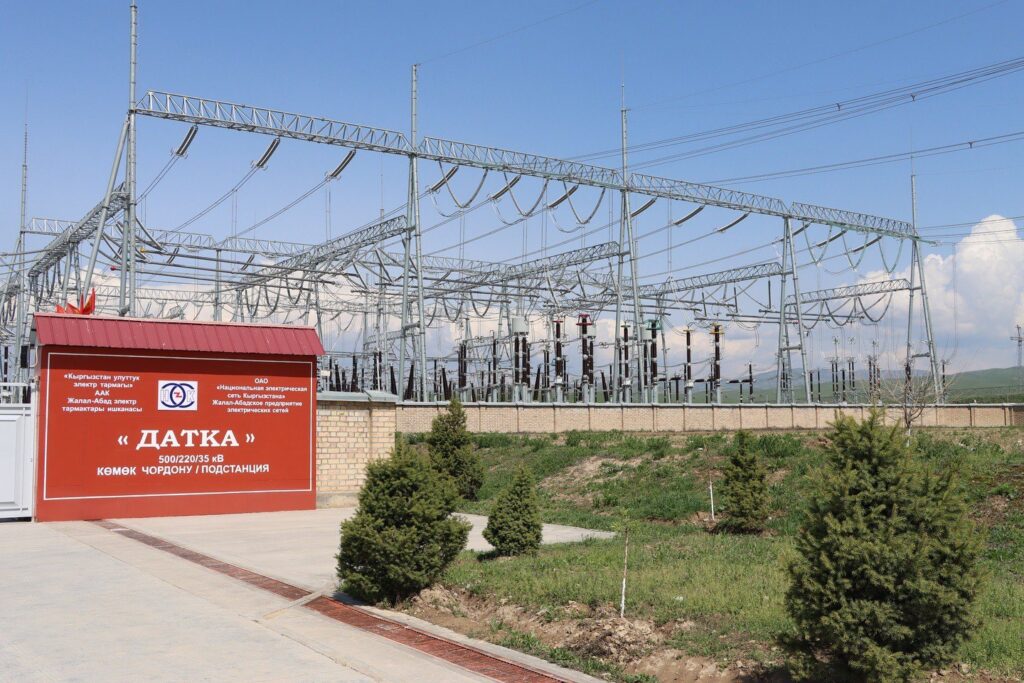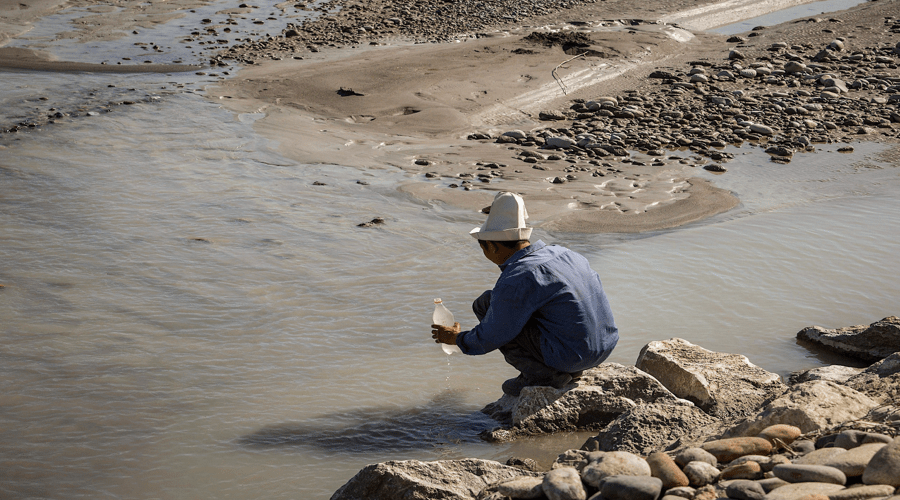BISHKEK (TCA) — The Asian Development Bank (ADB) has approved $38.6 million in development financing to help modernize irrigation systems, improve agriculture and land management, strengthen disaster risk management, and enhance data collection and analysis in Kyrgyzstan, ADB’s Country Office said.
The project, comprising a $21.8 million loan and a $16.8 million grant from the Asian Development Fund, will focus on the Ferghana Valley in the southwestern part of the country and the Chui River Basin in the north, both of which are vulnerable to flooding, mudflows, and drought exacerbated by climate change. The Government of the Kyrgyz Republic will contribute $5 million to the project.
The Kyrgyz Republic is vulnerable to the adverse effects of climate change and extreme weather events. Disasters triggered by natural hazards—floods, droughts, landslides, and earthquakes—are frequent and cost the economy approximately 1.0% to 1.5% of gross domestic product (GDP) annually. Irrigated agriculture, which is critical for sustained agricultural production in the Kyrgyz Republic, is particularly vulnerable to climate change. It is the primary source of livelihood for about 30% of the population (including about 45% of the lower-income rural population) and contributes about 15% of GDP.
The national development program for 2018–2022 includes proactive management of disaster and climate change risks and prioritizes the construction and rehabilitation of irrigation infrastructure with improved water efficiency.
“The project is aligned with ADB’s broader strategy of reducing poverty through inclusive growth, where the biggest impact is to protect the population and territories from emergencies, threats, risks, and hazards. It will also help prevent climate change-related damage and losses in the country,” said ADB Country Director for the Kyrgyz Republic Ms. Candice McDeigan.
The Climate Change and Disaster-Resilient Water Resources Sector Project will protect and modernize the country’s irrigation systems to improve the productivity and disaster resilience of about 20,000 hectares of irrigated land. It will upgrade and construct main canals, lower-level canals, and associated infrastructures. The project will strengthen the management of irrigation systems including practical drought and climate risk management, as well as support installation of equipment and capacity building for national disaster risk management efforts.








